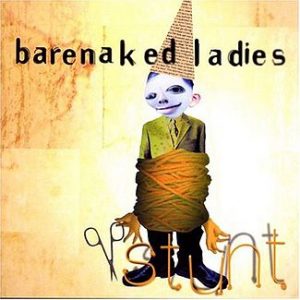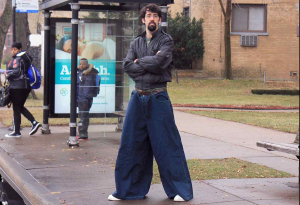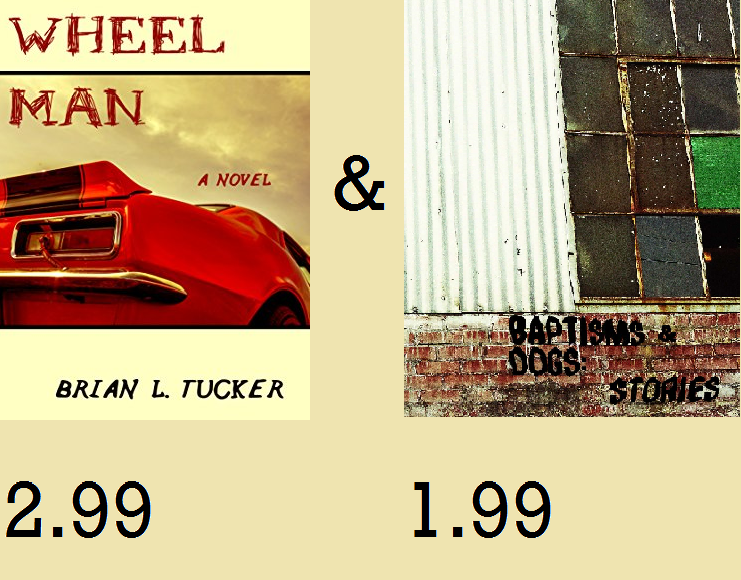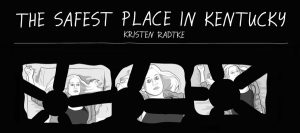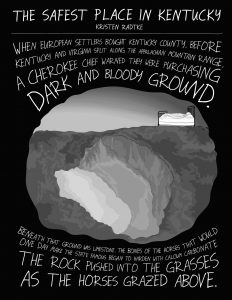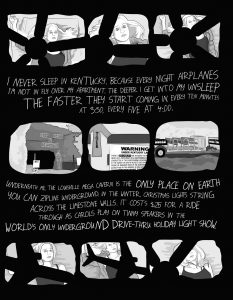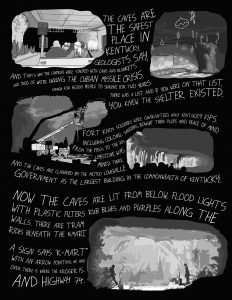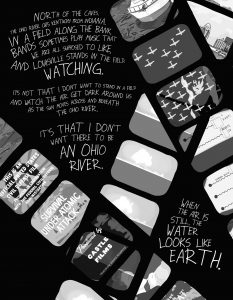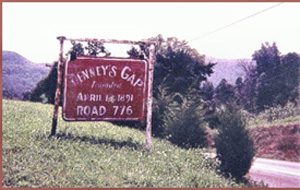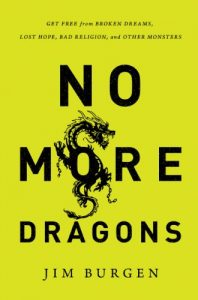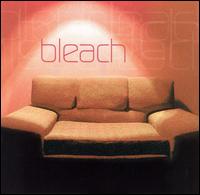
It’s easy to lose our love for words & conversation.
Language can become nothing more than consonants, vowels strung together and overlooked on social media.
I take them for granted every day. I misuse them, too. Saying things I don’t mean.
Writer friends of mine can do beautiful things with grammatical units, prepositional phrases.
Phonemes and morphemes constructed to make magic to listeners in any native person’s land.
I love the impact of language. How it can transport us in fiction like Harper Lee’s To Kill a Mockingbird to 1930s Maycomb County, Alabama, or relay world news pertinent to us in 2017. It can unite (and often divide). It can be succinct and to the point. It can also be long-winded and meandering. (Much like me…)
But, at it’s core, language serves a purpose: to communicate.
Fun Facts–
- With 6,500 languages in the world about 2k of these have less than 1k speakers.
- Mandarin features almost 1 billion speakers (well over double those of us speaking English).
“Ni hao,” “Hello,” & “Hola” all greet peoples of the world. And can mean different things in the way they’re said.
I love the unity of language.
You might ask, “But doesn’t language divide & confuse us daily?”
To an extent, but linguistics unifies as well.
Studying languages as obscure as the Pirahã language of Brazil (comprised almost entirely of phonemes) merits importance to those still speaking it. Likewise, just because those natives of North Sentinel don’t want to be invaded by outsiders doesn’t cheapen the Sentinelese language spoken on their restricted coasts.
I like not knowing some things about the French language. It’s mysterious. There’s a hidden code in every language. It allows people groups to learn from one another, share, and also hide in the comfort of their uniqueness as well.
Did you know inhabitants of the island of La Gomera use a whistled language? Or, that the Pawnee tribes’ (Native American) language involved a love affair with syllables (some words possessing over 30 syllables)? Or, that the Taa language in Botswana literally translates to “the language of human beings”?
I found the English language WordClock online and it states there’s a new word added every 98 minutes. As I type this post, the clock shows: 1,005,366 words in the English language. That’s 14.7 new words per day. See it here.
Do you think language unifies or divides? Should it be kept in a lockbox only for natives to speak to natives? Should North Sentinel Island be invaded for the sake of conversation? (Ok, that one is a bit pointed.)
Are you a wordsmith secretly planning to now learn Pawnee, because you read this blog? Buy Rosetta Stone for Pirahã if it exists?
I love the discussion of language. No matter where you are on this blue planet you can take this blog, copy & paste it into a word app on your phone, and in a minute (maybe less), you know exactly what I’m saying. You process it in an exquisite, God-given brain, and you respond.
Magic. Voilà!


